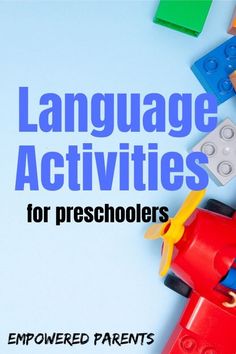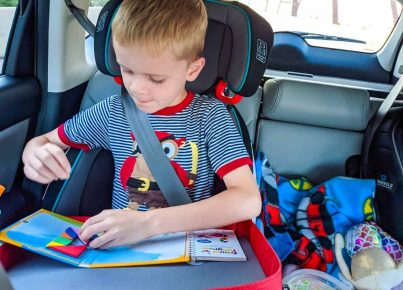1.Storytime: Reading age-appropriate books aloud helps children develop listening skills and vocabulary. Encourage interaction by asking questions about the story.
2.Puppet Shows: Create simple puppets from paper bags or socks, and encourage children to act out stories, fostering creativity and language development.
3.Letter Hopscotch: Use chalk to draw a hopscotch board with letters of the alphabet instead of numbers. The child jumps on the letters while saying them out loud.
4.Rhyming Game: Teach children simple rhymes and encourage them to make up their own by substituting words within the rhyme.
5.Alphabet Soup: Fill a bowl with plastic or foam letters and have children use kitchen tongs to fish out specific letters, developing fine motor skills and letter recognition.
6.Picture Cards: Create a set of flashcards with pictures and corresponding uppercase and lowercase letters to teach letter sounds and recognition.
7.Simon Says with Actions: Play Simon Says with action verbs to help expand vocabulary for verbs like jump, spin, stretch, and dance.
8.Show & Tell: Give children an opportunity to talk about a favorite toy or object in front of their peers, promoting public speaking skills.
9.Draw & Write: Provide paper and crayons for children to draw a picture then write corresponding words or captions describing the scene.
10.Memory Game: Use alphabet-themed memory cards where children need to match uppercase letters to lowercase letters, improving letter recognition and focus.
11.Alphabet Stomp: Scatter foam or paper alphabet letters on the floor, call out a letter sound, and the child needs to find that letter and stomp on it while saying its name.
12.I Spy Game: Play this classic game using colors, shapes, or items in your environment that encourage children to practice descriptive language skills.
13.Word Relay Race: Divide children into teams, give them a list of simple words, and have them race to fetch the correct letter flashcards to spell each word.
14.Alphabet Scavenger Hunt: Hide objects around the room that represent each letter of the alphabet, instruct children to find one item for each letter, then share their findings.
15.Story Dice: Make large dice with pictures and words on each side, then have children roll the dice and create oral stories based on the images they land on.
16.Phonics Bean Bag Throw: Place hoops or buckets labeled with phonemes (letter sounds) and have children toss bean bags into the correct hoop while saying the phoneme aloud.
17.Sentence Building: Provide a set of magnetized words that children can arrange on a board to create sentences, stimulating sentence-making skills and creativity.
18.Silly Stories: Start with a simple sentence or phrase and encourage children to take turns adding on new words or ideas to make a funny, shared story.
19.Mystery Box: Place an object inside a closed box, let children touch it without looking and describe what they feel – great for developing sensory language skills.
These engaging preschool language activities will not only refine language and vocabulary skills but also provide hours of entertainment for young children.





